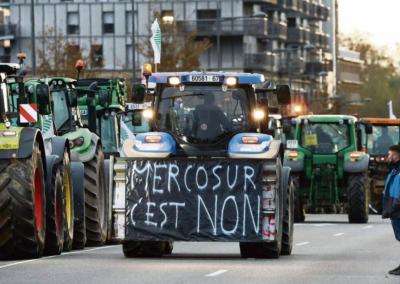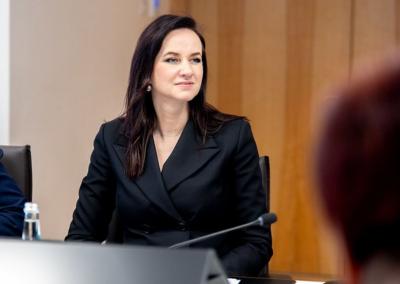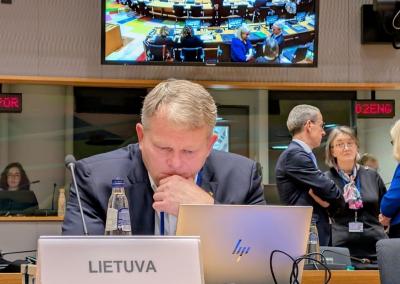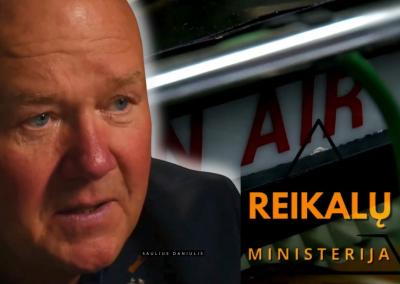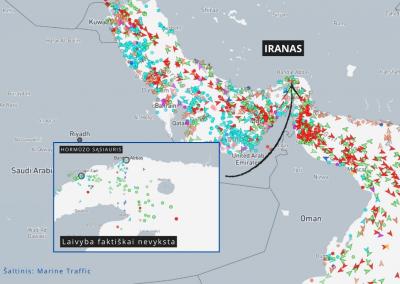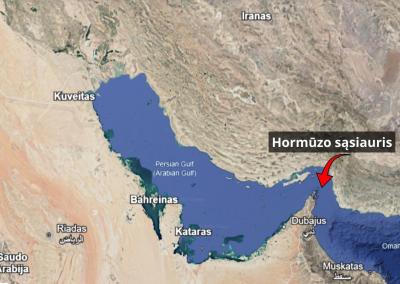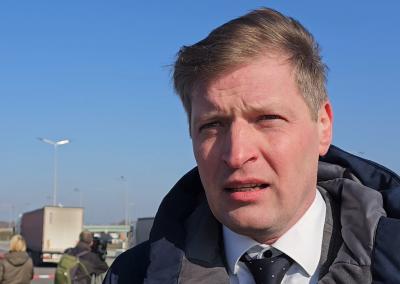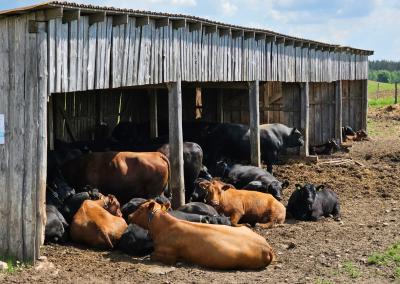Committee on Rural Affairs: Lithuania is proposed to oppose the EU-Mercosur agreement
After the European Union (EU) and the South American single market bloc Mercosur signed a free-trade agreement last Friday, the Parliamentary Committee on Rural Affairs is proposing that Lithuania should not approve the agreement as it stands.
Taking into account Lithuanian farmers' concerns about unfair competition, the committee decided by consensus on Wednesday to propose that the government reject the agreement when it is discussed in the EU Council and join the member states blocking it.
It is also proposed to seek a review of the terms of the agreement to ensure fair competition and the sustainability of the agricultural sector.
In addition, the Committee made specific proposals to the Government on how to shape the negotiating position going forward. These include a ban on the entry into the EU market of products containing or used in the production or cultivation of substances banned by the EU, in order to safeguard high food safety standards and ensure a fair playing field for EU farmers.
The Committee also seeks the involvement of representatives of the farming community in the discussion and approval of Lithuania's position on the agreement to be presented to the Council of the EU by the European and Foreign Affairs Committees.
A week ago, Deputy Minister of Agriculture Vytenis Tomkus told the committee that the agreement is economically beneficial for Lithuania, as it could increase the country's agricultural and food exports.
At the moment, the country's farmers' organisations see a number of risks caused by the entry of products from the Mercosur bloc into the EU market, as well as the negative impact on Lithuania's agricultural sector, environmental objectives and food safety standards.
The EU-Mercosur agreement still needs to be approved by at least 15 of the 27 EU Member States, representing 65% of the EU population, as well as the European Parliament. Germany and Spain want the agreement to be finalised as soon as possible, while France and Poland oppose it. The Netherlands, Italy, Austria also have reservations.
The EU-Mercosur agreement aims to cut tariffs and boost trade, creating one of the world's largest free trade areas with more than 700 million people. In South America, it would include Brazil, Argentina, Paraguay and Uruguay.
The EU has been negotiating a free trade agreement with Latin American countries for more than 20 years.















